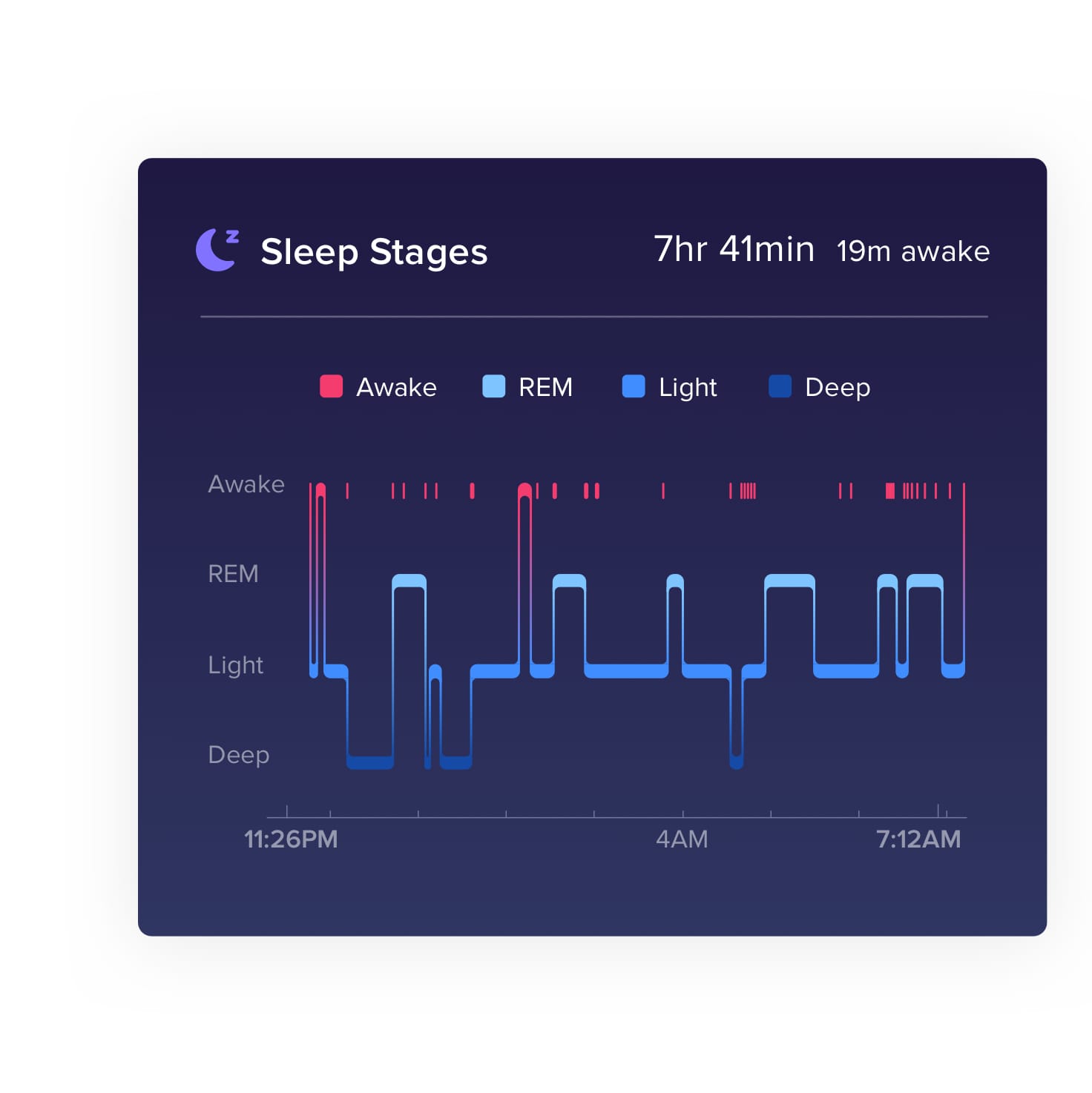
On June 3, 2020, during the COVID-19 pandemic, the company announced Fitbit Flow, a ventilator in response to the shortages of ventilators in medical centers and hospitals around the world which are needed to treat critically ill patients. On January 2, 2019, the company announced the release of the Fitbit Charge 3 in India. In December 2018, Fitbit added an API and open source tools to allow developers to better build apps for its smartwatch products. There are three versions of the Fitbit Versa, standard, Special, and Lite. The new extended on-device dashboard (Fitbit Today) would include more data regarding sleep, water intake and weight. On December 17, 2018, Fitbit released the Fitbit OS 3.0, which included an extended dashboard, quick logging for weight and water intake, and goal-based exercise mode. Fitbit Charge 3 comes in two color combos: a Rose-Gold case with a Blue Grey band and a “Graphite Aluminum” screen case with a Black band.


Additionally, the screen is larger than the Charge 2 by approximately 40%. The Fitbit Charge 3 comes with two different-sized bands: small and large.

The Fitbit Charge 3, a wristband health and fitness tracker introduced in October 2018, was the first device to feature an oxygen saturation (SPO2) sensor however, as of January 2019, it was non-functional and Fitbit did not provide an implementation timeline. In 2017, the company released its Fitbit Ionic smartwatch, and in 2018, it released a redesigned, lower-priced version of the smartwatch called the Versa. Users can also choose to share their progress pictures and achievement badges. The social element anticipates an increase in motivation, and finds that users take an average of 700 more steps per day when they have friends on the app. The app also offers a community page where users can challenge themselves and compete against other users. Users have the ability to log their food, activities, and weight, to track over time and set daily and weekly goals for themselves for steps, calories burned and consumed, and distance walked.
#FITBIT SLEEP TRACKER NOT WORKING WINDOWS 10#
In 2014, Fitbit began offering activity trackers, along with a website and a mobile app for iOS, Android and Windows 10 Mobile This allows the trackers to sync to devices such as mobile phones via Bluetooth, or to a Bluetooth-equipped computer running Windows or MacOS. The first product released was the Fitbit Tracker, which was released in 2009. Products įitbit Flex, with the functioning unit removed from the replaceable wristband. The acquisition was scrutinized by regulators concerned over Google's access to personal data in both the United States and Europe. In January 2021, Fitbit was acquired by Google and absorbed into its hardware division. In August 2018, Blue Cross Blue Shield Association announced a partnership with Fitbit in which BCBS will include Fitbit's wearables and fitness trackers in its Blue365 program. In February 2018, Fitbit announced a partnership with Adidas to release an Adidas-branded Fitbit Ionic it was released on March 19, 2018. On February 13, 2018, Fitbit acquired Twine Health. On January 10, 2017, Fitbit acquired Romania-based smartwatch startup Vector Watch SRL. In October 2016, CEO James Park announced that the company was undergoing a major transformation from what he called a "consumer electronics company" to a "digital healthcare company." On December 6, 2016, Fitbit acquired assets from Pebble for $23 million. In May 2016, Fitbit acquired a wearable payment platform from smart credit card company Coin. In June 2015, the company became a public company via an initial public offering, raising $732 million. On March 5, 2015, Fitbit acquired fitness coaching app developer Fitstar for $17.8 million. In January 2015, the company successfully defended against a trademark lawsuit from Fitbug. In October 2007, it changed its name to Fitbit, Inc. in San Francisco, California on Maby James Park ( CEO) and Eric Friedman ( CTO).

The company was founded as Healthy Metrics Research, Inc. The company has sold more than 120 million devices and has 29 million users in over 100 countries. In 2019, Fitbit was the fifth largest wearable technology company in shipments. The company was acquired by Alphabet, Inc. It produces wireless-enabled wearable technology, physical fitness monitors and activity trackers such as smartwatches, pedometers and monitors for heart rate, quality of sleep and stairs climbed as well as related software. Fitbit (stylized as fitbit) is an American consumer electronics and fitness company.



 0 kommentar(er)
0 kommentar(er)
